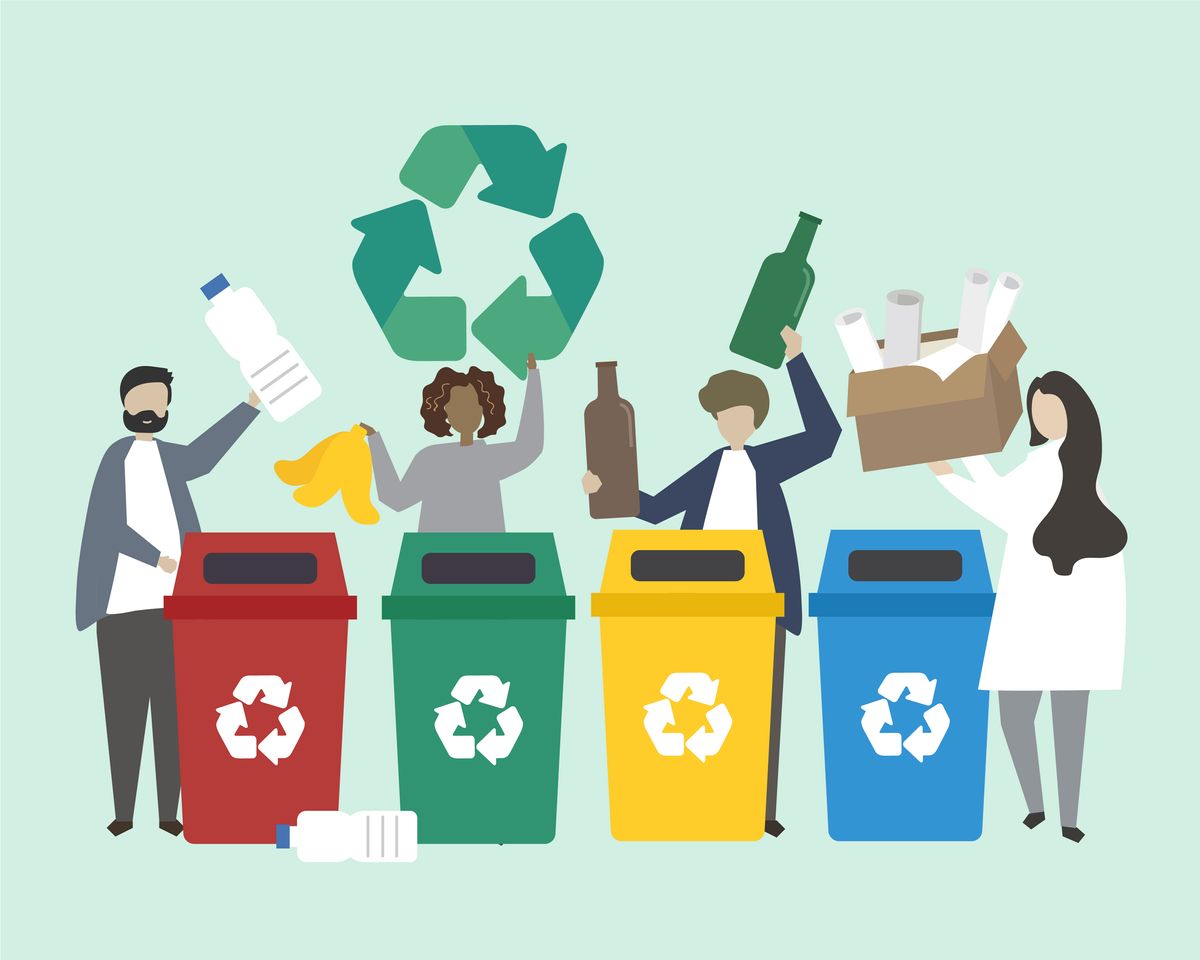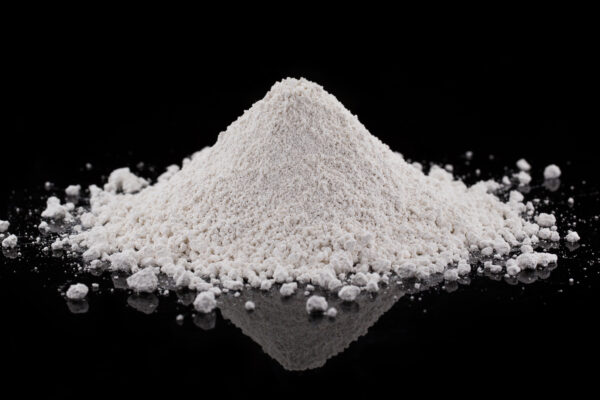Bioplastic means “plastic derived from biomass”. It is an environment-friendly form of plastic. The increased public awareness of the negative impacts of conventional plastics is pushing the usage of biodegradable polymers. Furthermore, traditional polymers may endanger human health and safety due to their hazardous composition. PVC, for example, has been linked to genetic abnormalities, ulcers, deafness, and eyesight loss. As a result of such significant hazards, there is a greater need for safe items for human health. Rising consumer awareness and government laws are propelling the adoption of bio-based goods like biodegradable plastics and bio-based plastics. Many agricultural plastic product manufacturers have explored biodegradable polymers made from renewable and sustainable essential ingredients that are technically and commercially viable. Aside from encouraging plant development, biodegradable plastics break down in the natural environment and contribute to soil enrichment. As a result, the demand for such bio-based plastics increases in agricultural and horticultural industries, which seems suitable for global bioplastics market growth.
CONSUMER PREFERENCES SHIFTING TOWARD BIOPLASTIC PRODUCTS
The higher cost of bioplastics than standard polymers limit market expansion in several application categories. However, some manufacturers are using organic practices to produce crops used for manufacturing bioplastics.
Some of the key players operating in the global bioplastics market include Teijin Limited, Toray Industries, Inc., Sabic, BASF SE, Total Carbion PLA, Braskem S.A., Biome Bioplastics, Mitsubishi Chemical Corporation, Novamont S.P.A., and Natureworks LLC. The major players in the bioplastics market are focusing on strategies such as research and development and new product development to increase the geographical presence and consumer base globally.



